Update from the Field: Spring into Action this Fall
Posted by Dave Dyson, Agronomist on November 26, 2018
This post may reference products and/or services only available to our Retail Farm Center customers. For more information contact your Territory Manager at The Andersons.

Abundant rain the last couple of months in much of the Cornbelt has promoted the relatively early emergence of winter annual weeds. In particular, the big three turning our fields a nice lush green are marestail, chickweed, and purple deadnettle. In addition, there are perennials out in the fields right now that can be killed with a fall herbicide application. Perennial weeds are more of a problem because they can live for several years. They survive the winter by storing food in their roots. There can be an advantage to the producer that sprays in the fall because when the perennial weed is naturally pulling nutrients from the upper part of the plant down to the roots for winter storage, the fall-applied herbicides will be carried to the roots and have a better chance of killing the whole plant.
Returning to the annual weeds that are popping up earlier than usual, no-till crop production systems over the last twenty years have favored marestail germination and establishment. A single marestail plant can produce up to 200,000 seeds. Most of the seeds can germinate immediately after falling from a mature plant. The majority of problematic marestail present in the spring, actually emerged during the fall and survived the winter by forming basal rosettes. Marestail that germinate in the fall have had a chance to develop a bigger root system all winter, and these bigger roots can cause the plants to be more resistant to herbicides in the spring. Marestail is not only documented to be glyphosate and ALS resistant, but glufosinate has been shown to have trouble controlling this weed in the past few years. A fall burndown applied with a good residual herbicide may eliminate the need for an early-spring burndown for marestail control.
Chickweed and purple deadnettle may not look too intimidating right now, but they are out there, waiting to spring into action next year. By the time spring rolls around, these two weeds will have created a carpet on the fields that tillage will not be able to penetrate. This carpet of weeds will keep the soil cool and wet, slowing germination. Studies have shown that there is an increase in yield the earlier that a crop emerges. So the goal is to effectively manage chickweed and purple deadnettle early, so as not to delay optimal planting and emergence conditions. These two weeds can also harbor insects and nematodes that will damage the upcoming crop. The bottom line is we need to do everything we can to enter spring with a clean, warm, and dry field that is ready to be planted.
The solution to controlling these difficult weeds is to destroy them before spring arrives. Applying a fall herbicide will kill these weeds before they gain much size. This allows the decomposition of the weeds before spring, keeping the ground open, dry and warm. Do not worry about the calendar so much as the temperature. As an example, I have applied a fall burndown in December during a warm spell. As long as the temperature is above forty degrees, I recommend spraying.
 Figure 1: Pictured above (left to right) are marestail, chickweed, and purple deadnettle. Source: University of Illinois.
Figure 1: Pictured above (left to right) are marestail, chickweed, and purple deadnettle. Source: University of Illinois.
FOR MORE INFORMATION:
Please complete the form, and we’ll get you in touch with your Territory Manager from The Andersons.

Dave Dyson is a regional agronomist for The Andersons’ Farm Centers which are located throughout Ohio, Michigan, and Indiana. He is an Indiana native and grew up on a dairy farm in Miami County. A graduate of Purdue University with a degree in Crop & Soil Science, Dave has a deep knowledge of various agronomic topics and is committed to helping growers improve their crops. If you have any questions, Dave can be reached at david_dyson@andersonsinc.com.


